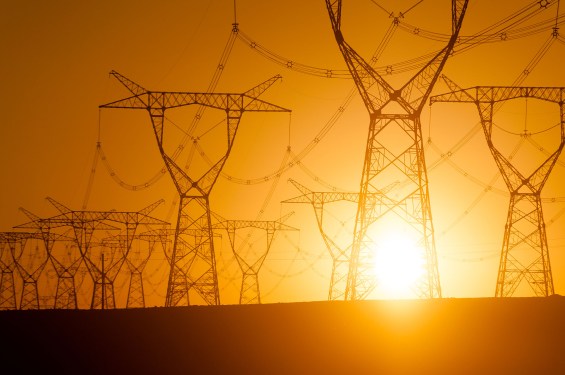From artificial intelligence to electric vehicles, the world’s demand for power is soaring, and the electrical grid is feeling the squeeze. Yottar is a startup that maps electrical grid capacity to help companies figure out where they can plug in new data centers, EV charging stations, and other power-hungry equipment.
Peter Clutton-Brock, Yottar’s co-founder and CEO, states that the electrification super cycle is colliding with the AI data center boom, making grid operators struggle to deal with the backlog. He provides an example, noting that around London, almost all the capacity for large-scale data centers has been taken up. The question is no longer about finding spare capacity, but about when necessary upgrades will be in place.
As aging grids grow increasingly strained, startups like Yottar have emerged to help energy users cope with these shortcomings. Some companies focus on finding unused capacity that already exists, attempting to convince utilities they have more space available than they claim.
Yottar takes a different approach. Rather than arguing about existing capacity, the company creates detailed maps showing exactly where grid capacity exists and how much power is available at each location. Clutton-Brock notes there are other players in the space, but Yottar targets medium-sized demand developers, which are entities using electricity rather than generating it. Generally, these projects range between one and five megawatts.
Among Yottar’s customers are Tesla and the U.K.’s National Health Service. Tesla uses the startup’s software to select sites for new Superchargers and to upgrade existing ones. The NHS uses Yottar to identify clinics and hospitals that can accommodate EV chargers. The platform is also used for planning solar panel and battery installations or determining where to build new radiology units. Clutton-Brock explains that they cannot afford to evaluate each site individually.
The startup recently raised a one million dollar pre-seed funding round led by Haatch, with participation from Cape Capital and angel investors. Yottar is also launching a new feature that will allow companies to quickly determine which locations might support upgrades or new equipment.
Yottar acquires much of its data directly from distribution networks, which regulators require to make this information available. The company also licenses private data that is not public and updates its own records using anonymized data from successful grid connections made by its customers.
Currently, customers pay a per-seat fee and a usage charge based on the number of sites they are evaluating. Clutton-Brock said that consultants are the company’s main competition, an alternative that is not viable for smaller-scale demand developers.
For now, Yottar operates in the U.K., but Clutton-Brock is looking at expansion into the U.S. and other markets. He confirms that the problem is absolutely an international one and needs an international solution.

